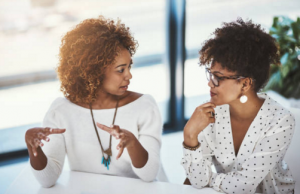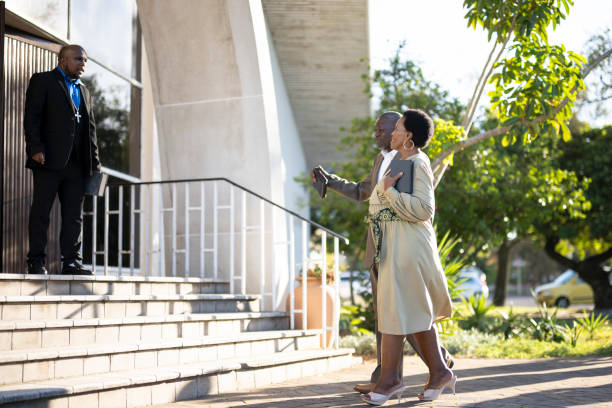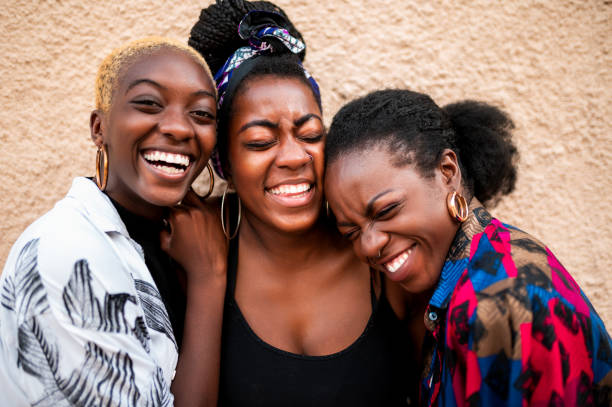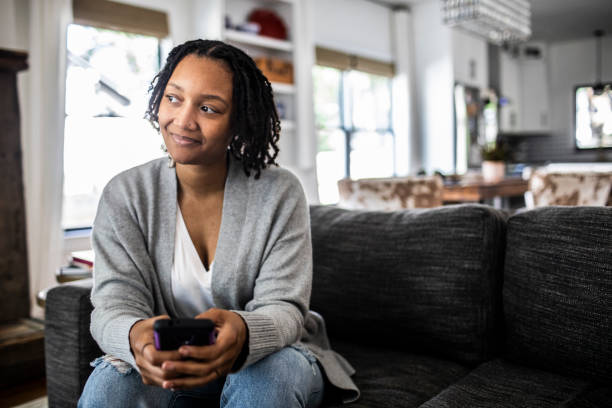(ThySistas.com) Ah…Zora Neale Hurston. A popular author? Not until after death for the most part. Why? Her truth. Most of her stories used real dialect and real conversations of African Americans in the South. She never apologized for it. Barracoon, a book written by Hurston but posthumously released, tells the tale of the last Black slave to travel from Africa to the Americas during the slave trade. History makes it seem like the Europeans were the only “bad” guys in this situation. They were not. Kings of African tribes would also sell prisoners of war to be a part of the slave trade as well: “[T]he slaves are then sold to the slave merchants, and their blood-money wasted in the ensuing Custom…” (Huston 10). Yes, black people sold black people into slavery.
So much for unity.
Fast forward from Africa across the Atlantic ocean to the United States. In most plantations, there was separation of slaves by color and power. Lighter skin slaves helped in the house: “House slaves were usually products of a relationship between a master and a female slave, so they tended to have lighter skin. The boss’s offspring would more than likely receive the special favor of doing work inside the house out of the hot sun.” Even certain slaves were given power over other slaves to create jealousy and dissention.
Here we go again with separation.
The Civil Rights Era does an okay job of bringing some of us together, but when extremists like Malcolm X and the Black Panthers do not  exactly go with the majority…anger ensues. Fast forward to present day to the different types of negroes within the borders of the US: blacks who “act” white, blacks who are too black, blacks who rebel from the church, blacks who believe Jesus paid it all, blacks who are not “into the Black Lives Matter” thing, blacks who will miss work just to protest another black child killed by a white cop, etc. I really could keep going on and on. How do we as a people form some type of cohesive bond that helps us to move forward together? In my eyes, it simply takes honesty and empathy to provide the coal needed to move our soul train down the tracks.
exactly go with the majority…anger ensues. Fast forward to present day to the different types of negroes within the borders of the US: blacks who “act” white, blacks who are too black, blacks who rebel from the church, blacks who believe Jesus paid it all, blacks who are not “into the Black Lives Matter” thing, blacks who will miss work just to protest another black child killed by a white cop, etc. I really could keep going on and on. How do we as a people form some type of cohesive bond that helps us to move forward together? In my eyes, it simply takes honesty and empathy to provide the coal needed to move our soul train down the tracks.
People express all the time that “honesty is the best policy”. It is. Honesty helps you destress because you are not concerned with keeping up with lies. Honesty provides the window to a clearer relationship. So how can honesty help heal the divide among us? Simple. We come to terms with the fact that we are honestly different and still descended from African greatness. We honestly admit that we may not agree on everything. We honestly come to terms with what has negatively happened in the past, forgive effectively, and build a live able future. Honesty will provide the key that opens the door to empathy. Empathy leads to healing.
For many, many, many years, African Americans have said to the majority race that they do not want sympathy. However, we continue to bring up the past and what the “bad” white people did in hopes that they will apologize for their actions. That is NOT what is needed in order for us as a people to move forward. Empathy allows for understanding of a person’s feeling, but pity is not involved. It simply means that the other party (in this case…white people) acknowledge what happened, acknowledge its negative effects, and they will attempt to improve in the present and future. In fact, they will work on doing better and being better. This empathy also needs to be practiced within our own culture. Not every African American was raised the same. Not every African American had the same experience. It is not our job to judge a person and their upbringing. It is our job to find out how we as a people can take that person’s strengths and add it to our arsenal of awesomeness. Their eccentricity and originality makes Black Girl, Boy, Woman, and Man magic possible; but it takes understanding their personality instead of comparing it to this “ideal way to be black”.
As a child, I was called an “Oreo” because most of my friends were white. I “talked white”. I listened to “white people music”. It was not until I got to college where I learned that I was not a “white person in a black body”. I was just a black woman with my own quirks. I learned that from a group of black people who were all different but they were all honest. They also practiced empathy toward each other. To this day, I am still friends with these people. These people also give me hope that one day the hardest black conversation can happen without judgement and without fear.
Staff Writer; J. W. Bella
May also follow this talented sister online over at; JWB Writes.










Leave a Reply